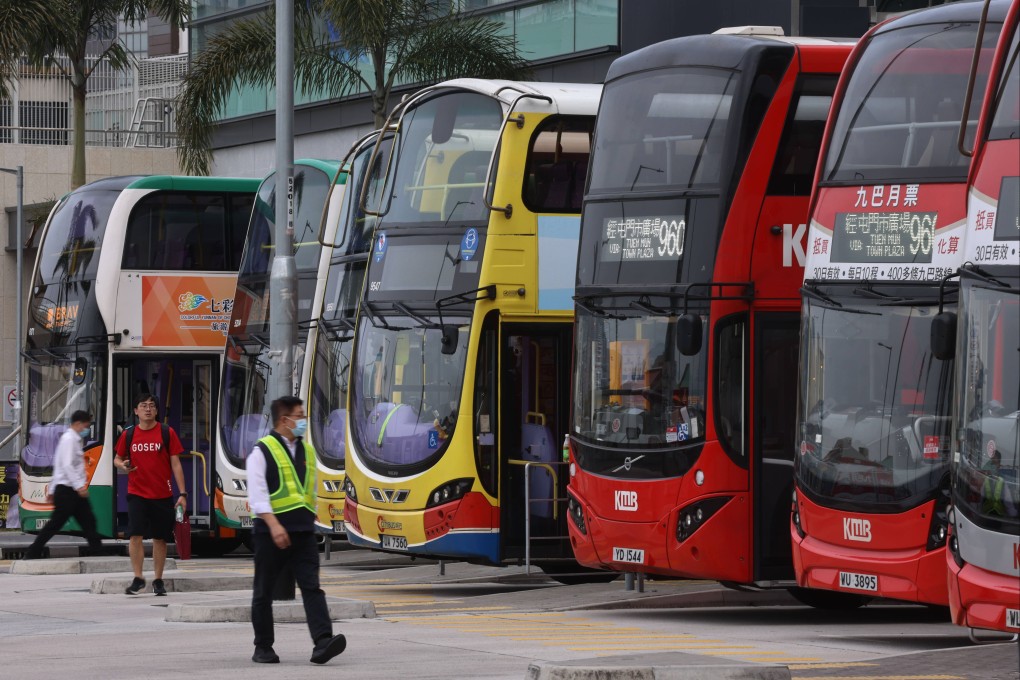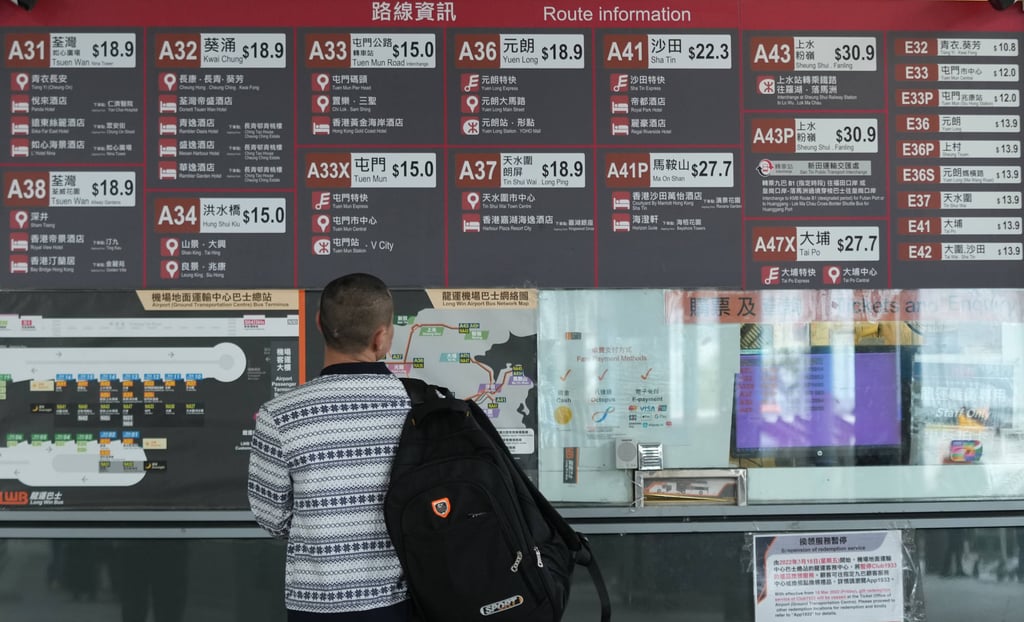Editorial | Hong Kong bus users do not want to be taken for a ride
- The latest fare adjustments sought by franchised bus operators, ranging from 8.5 per cent to more than 50 per cent, are the last thing the public wants as the city’s economy slowly emerges from the pandemic

Hongkongers have never been immune from price hikes even during the pandemic. With normality gradually returning and the economy slowly picking up, the public is bracing for stiffer increases.
The latest fare adjustments sought by franchised bus operators, ranging from 8.5 per cent to more than 50 per cent, will weigh down many. The government must scrutinise the details carefully and ensure the approved levels are justified and affordable.
The public can be excused for feeling outraged by the companies’ demands, which turn out to be steeper than the 10 to 20 per cent initially reported late last year. Citybus and New World First Bus have asked for a flat fare rise of HK$2 for all urban routes and a 23 per cent rise for North Lantau services.
The fixed level hike, if approved, translates into more than 50 per cent rise for some routes. KMB, Long Win Bus and New Lantao Bus are seeking to raise fares by 9.5 per cent, 8.5 per cent and 9.8 per cent respectively.

Less aggressive as they seem, the proposed levels are still higher than inflation. A 50 per cent rise for “Airbus” services to and from the airport is also being sought.
We do not know how many workers have been awarded pay rises of that scale. While it is not unusual for operators to demand more, as the levels approved by the government are usually lower, the actual increases may still outstrip inflation.
